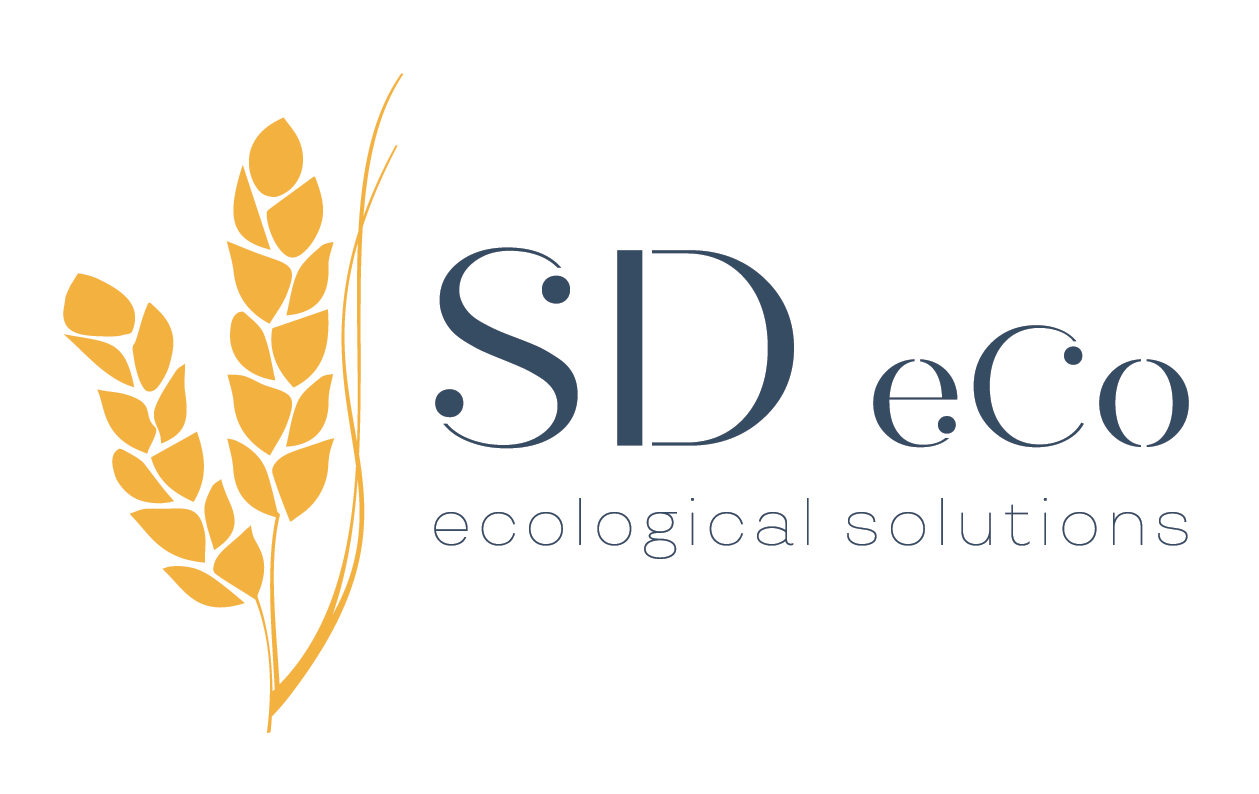Products
Feed centers and dairy farms in Israel implement different approaches to determine the potential of by-products for animal feed use. Most rely on the nutritionist’s experience and knowledge, plant engineers, institutional consultants and farm owners. Laboratory analyses are required to know the by-product nutritional values. Lab tests are performed to identify no toxins or other harmful elements present. Also, academic research is an important component to identify correct usage at a commercial level, including financial aspects. Two aspects are carefully considered when generating new “Mixed Products”, the nutritional added value, Energy & Protein and the effective physical component that promote rumination to keep rumen environment healthy. Another important aspect is continuous supply for at least 6 months with the stable product to farms to ensure full advantages of using by-products as energy, protein, and fiber replacements.
Note: This is a brief list of the products processed by SD Israel. Also, seasonal by-products like apple, orange, strawberry, etc. In addition, pulp is actively processed at our plant and transformed into nutritive sources to balance livestock feeding rations.
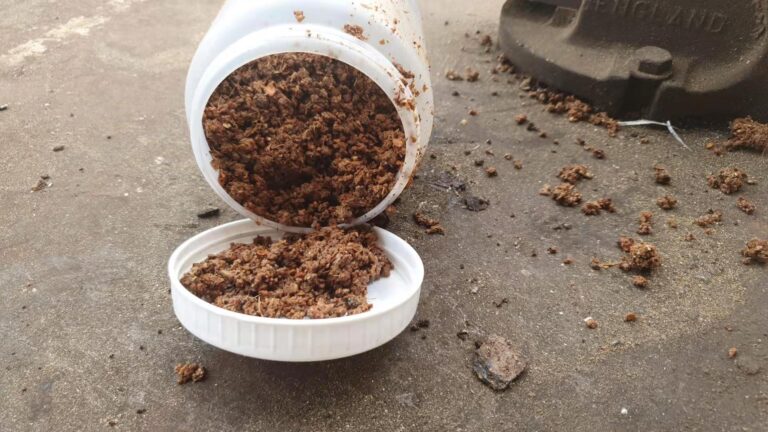
Sogurt
Sogurt is our flagship product produced by Shibolet Dagan Israel since 1994.
Sogurt consists of the surplus milk, yogurt, and delicacies produced in various dairies around the country, combined with wheat bran and coffee solids or grind almond shields. The Sogurt is rich in protein, fat, and energy, making him a perfect match with dairy cows and feedlot feeding.
Soybeans & vegetables
We supply all vegetables according to seasons and product availability. The vegetables consist of high moisture content, replacing about 10% of the mix.
At the beginning of the enriched soybean press cake production process, Soybean husks are separated from the soybeans themselves. This product is rich in; cell wall, average energy, and soy protein.
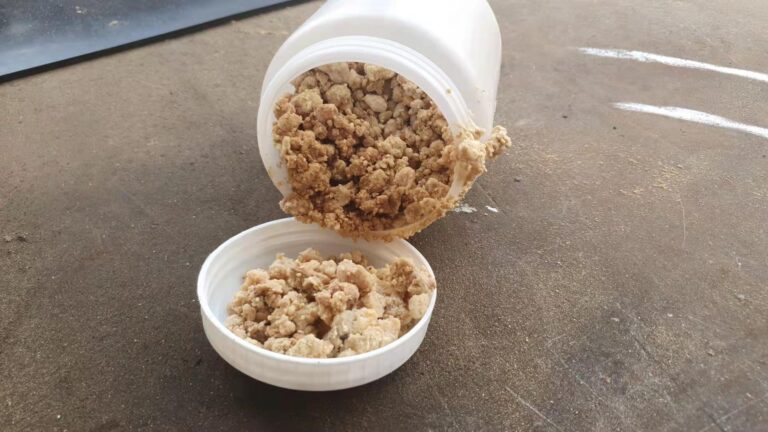
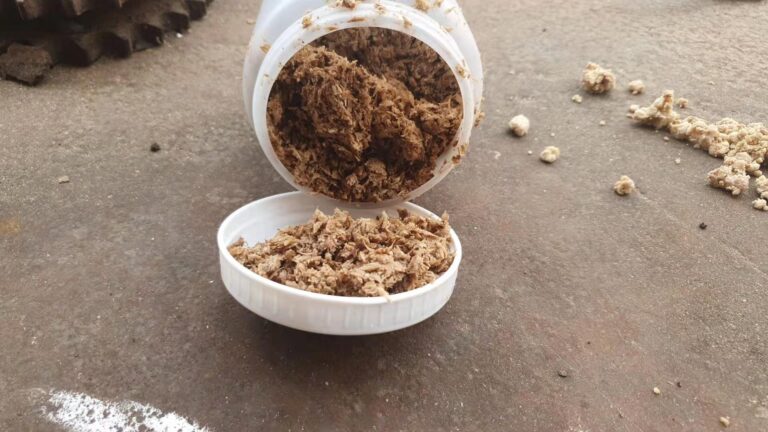
Brewer’s spent grain (BSG)
BSG is a by-product of the brewing industry that makes up 85% of brewing waste.
BSG is obtained as a mostly solid residue after wort production in the brewing process. As part of the beer production process, barley and other grains are fermented in a fixed mixture and heated. Once the beer is produced, all versions of it (white beer, malt, etc.), the grains from which the beers are made of remain as the BSG.
This process is complex and precise, and as a result, the beer spent is a stable, consistent product that retains its qualities over time. BSG is usually rich in cellulose, hemicelluloses, lignin, and protein (25%). BSG is also naturally high in fiber, making it of great interest as a food additive, replacing low-fiber ingredients.
Whey
Condensed whey, following a drying process. The main production process is the extraction of protein and lactose sugar from the whey. The raw material in the production process is whey produced in dairy plants, mainly as part of the process of the hard cheese and some of the process of soft cheese production.
Whey is very rich in milk sugars, available energy, and milk-derived protein. Therefore, the whey has a very long shelf life (due to its high sugar content). In addition, as the whey is part of the TMR (total mixed rations) feed, it makes it easier to give an equal distribution to each cow and thus make sure that all the cows are evenly fed. Another advantage of using whey is its concentration level which prevents over-wetting in the barn.
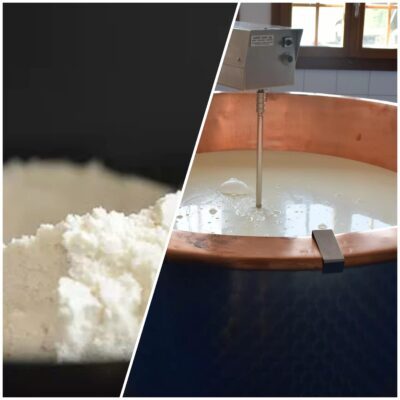
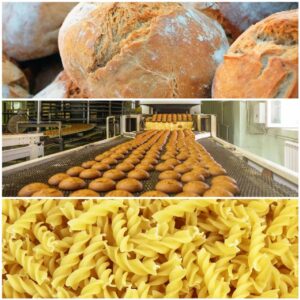
Bread and pastries leftovers
The bread leftovers are all the returns and surpluses from the bakeries and cookies industry.
Bread scraps are nutritionally equal to grains and replace up to 20% of the TMR feed, with the advantage of being price-competitive over the grains.
